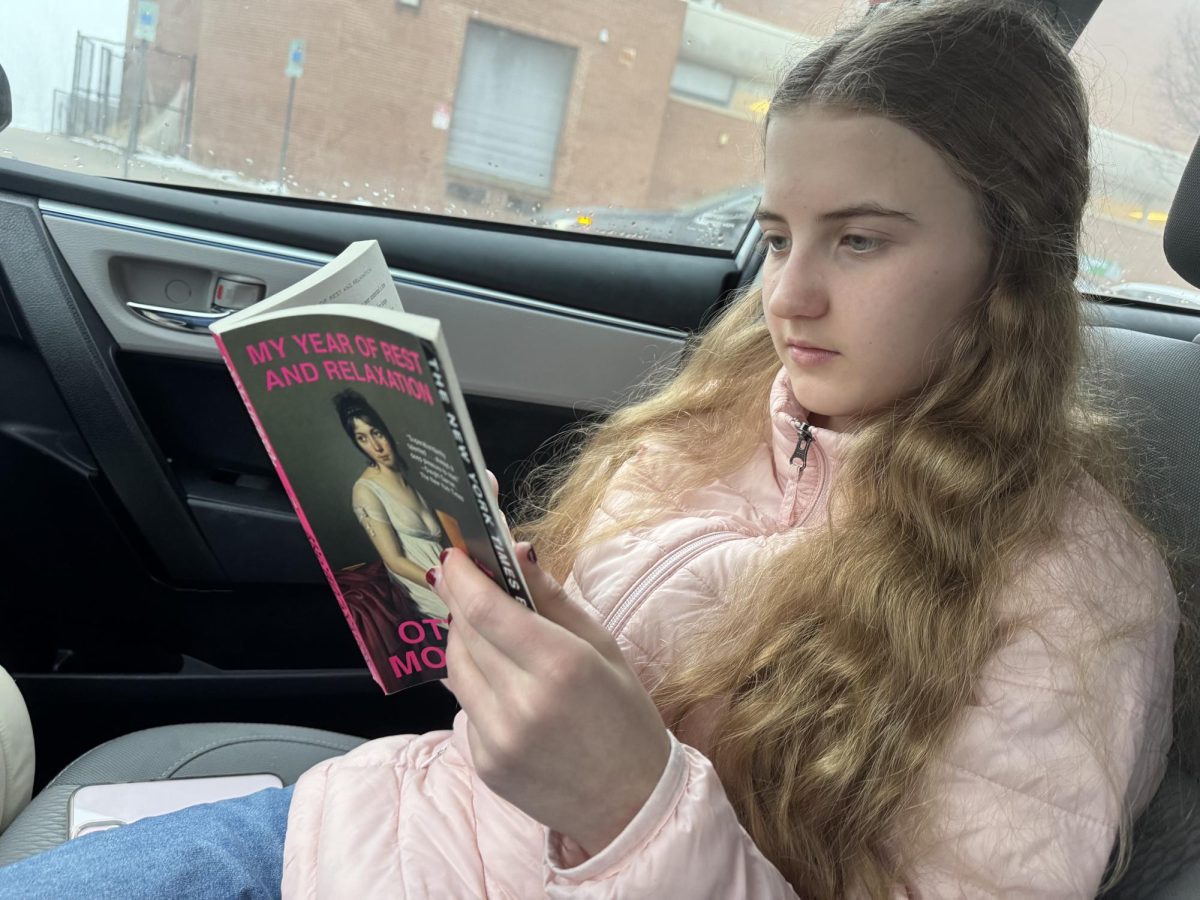Media outlets constantly bombard teenagers with images and ideas about how their bodies should look, often portraying thin women as society’s idea of perfection. However, many recent popular songs have gone against that trend, focusing instead on body positivity.
Songs such as Meghan Trainor’s “All About That Bass,” Colbie Calliat’s “Try” and Mary Lambert’s “Secrets” all urge women to accept and love who they are without feeling like they need to change themselves, despite magazines and advertisements from outlets such as Victoria’s Secret telling them otherwise.
“The media plays a huge role in body image,” guidance counselor Makeyda Hilliard said. “When you pick up a magazine, you see pretty clearly what they’re leaning towards, and what’s accepted and what’s not.”
Trainor directly addresses the media’s influence on body image in “All About That Bass,” when she sings “I see the magazine working that Photoshop. We know that s*** ain’t real, come on now make it stop.”
Photoshop can go beyond misrepresenting what the model actually looks like, causing real psychological and physical issues, especially for young women and girls.
“The danger is that there are girls out there who think they should look like that and try to look like that to the point where it’s really damaging to their health,” CHS Counseling Services Director Robin Moore said.
Celebrities have caught on to the harmful effects of Photoshop, and many have spoken out about this issue.
“My heroes are the actors and actresses who put out pictures of themselves au natural, or when they call out the magazine for the touchups that they do and say ‘no, this is not me,’” guidance counselor Angela Mastromatteo said. “They’re showing their acne; they’re showing their dark circles; they’re showing what their hair looks like when it hasn’t been done by a professional.”
With songs like “All About that Bass,” many artists are making an effort to step away from the unrealistic beauty standards that can be caused by the media and Photoshop. Trainor encourages being more positive toward body image by declaring that she’s “bringing booty back,” with lyrics such as “my mama she told me don’t worry about your size.” Lambert and Calliat’s songs are also centered around a similar theme of accepting and embracing their bodies, specifically emphasizing that being curvy can be a good thing.
“Now it’s all about the curves and the whole Jennifer Lopez, Kim Kardashian butt thing,” Mastromatteo said. “That was such a negative thing for so long.”
However, there can be some backlash to praising curves; even though being skinny is often idealized as the perfect body type, thinner girls often struggle with body image just as much. Trainor addresses this in her song when she sings, “I know you think you’re fat, but I’m here to tell you every inch of you is perfect from the bottom to the top,” despite admitting that she “won’t be no stick figure silicone Barbie doll.”
“These body-positive songs are great—they’re all about embracing your image, but I think it could have a negative impact on those who are smaller,” Hilliard said. “It really depends on what you see as beautiful. It might not be as positive for that girl who wants to be thicker, but she can’t be; now she’s hearing this song, and she thinks ‘Well, I wish I did have all that bass.’”
While these songs certainly have not kickstarted a worldwide campaign for body positivity, they have provided an alternative point of view in a culture that normally pays little attention to media that is not centered around drama, sex or celebrity obsession.
“It’s a good change of pace,” junior Lindsey Tait said. “I don’t think it has a really huge impact because at the end of the day, you’ll probably look in the mirror and still be kind of unhappy with at least some part of your body, but it’s good that it’s starting a change.”
Even though these songs may not be perfect, most can agree that overall, they express a theme of self-acceptance and have a mostly positive impact on body image.
“These songs have allowed me to accept myself for the way I am,” senior Savannah Chapa said. “I don’t need to live up to beauty standards—which are nearly impossible to achieve anyway—because I’m alright just the way I am.”













